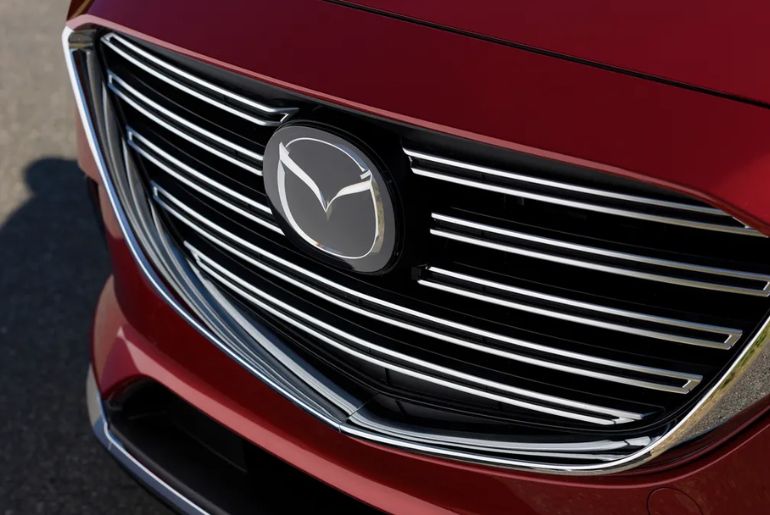Mazda has officially entered a crucial phase of its electrification journey by launching real-world testing of what appears to be its first dedicated electric vehicle (EV) platform. The move represents an important turn for the automaker, which has generally lagged behind major global rivals in the EV transition.
According to recent sightings and industry reports, Mazda is currently evaluating an early EV prototype equipped with components from its Skyactiv EV Scalable Architecture. This prototype—although covered in camouflage—confirms that Mazda is finally developing a ground-up electric model rather than repurposing existing internal combustion platforms.
The test vehicle features a compact SUV silhouette, aerodynamic design cues, and a closed-off grille typical of modern EVs. Analysts speculate that Mazda’s new architecture will support multiple body styles and battery configurations, enabling the company to scale its EV lineup across global markets.
We expect this dedicated platform to support a range of future models later this decade, aligning with Mazda’s long-term electrification strategy. Under its “Sustainable Zoom-Zoom 2030” roadmap, Mazda has committed to expanding its EV offerings and improving carbon neutrality across production and supply chains.
While the automaker has released electrified models such as the MX-30, the crossover received limited market success due to its short range and niche positioning. The new EV program signals Mazda’s intent to compete more aggressively with established players like Tesla, Hyundai, Toyota, and Volkswagen, who are rapidly growing their electric portfolios.
Industry experts believe Mazda’s real-world testing phase indicates that an official concept preview or unveil could arrive as early as 2026. More technical details—such as range, battery chemistry, and drivetrain options—are expected to surface once prototype evaluations progress.
Mazda’s renewed focus on electrification aligns with tightening global emissions regulations and rising consumer demand for efficient, high-performance EVs. If successful, the upcoming dedicated EV platform could redefine Mazda’s position in the competitive global electric mobility landscape.

